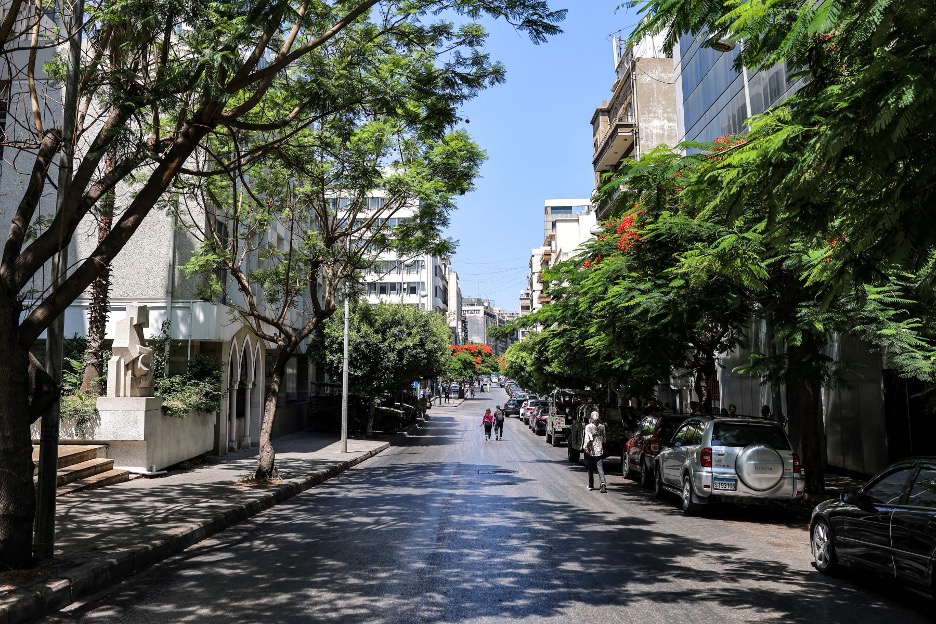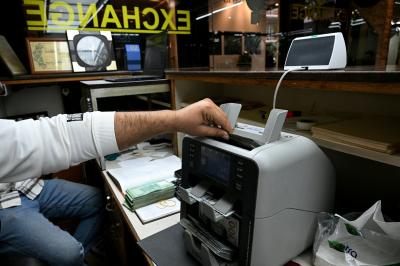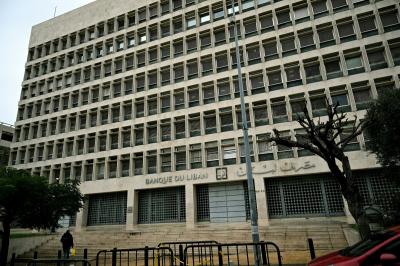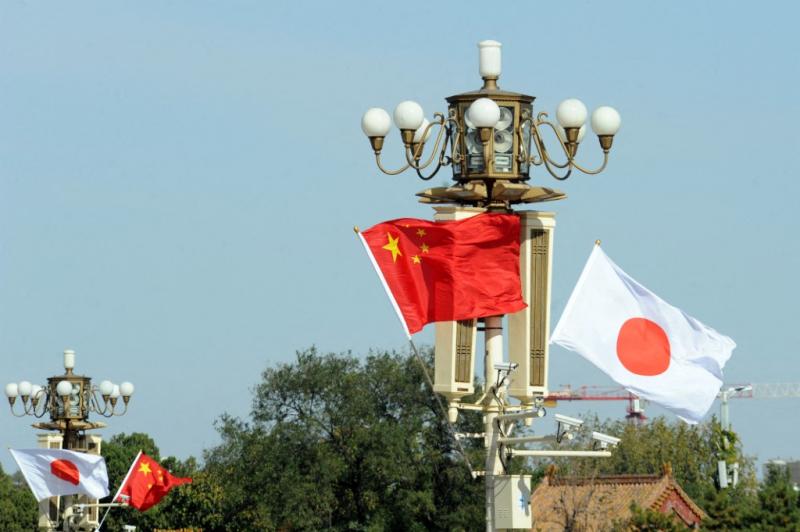Lebanon’s placement on the Financial Action Task Force’s (FATF) grey list in the fall of 2023 marked a significant setback in its efforts to restore international trust. Yet rather than being a dead end, the designation was intended as a starting point for reform—pressuring the state to build a robust anti-money laundering (AML) framework, correct systemic failures, and enforce stricter penalties. Since then, key government bodies, notably the Ministry of Justice, have taken serious steps to address the FATF’s 11-point action plan. Progress was steady—until the Banque du Liban (BDL) announced a controversial agreement with U.S.-based firm K2 Integrity, aimed at helping Lebanon exit the grey list.
This sudden move raised key questions: Have nine months of government efforts fallen short? Why bring in a high-cost international firm now?
Unanswered Questions and a $4 Million Deal
Back in May 2025, MP Paula Yacoubian formally asked Prime Minister Najib Mikati and Finance Minister Youssef Khalil to clarify reports that BDL had signed a $4 million, three-year contract with a foreign private company to assist with FATF compliance. The central bank initially denied any such agreement, arguing that Lebanon’s grey listing was not due to its own failings or those of the banking sector, but to shortcomings in judicial follow-through and sanctions enforcement in other state institutions.
One part of that statement, it turns out, was misleading. While the Special Investigation Commission (SIC)—the body coordinating Lebanon’s FATF compliance—has indeed played an effective role, BDL did in fact go on to hire K2 Integrity, contradicting earlier claims.
A Web of Support Already in Place
In reality, SIC had already created a Technical Assistance Committee composed of:
- SIC members
- Representatives from the EU’s Global Facility (a public agency providing technical support)
- Embassies of France, Germany, the U.S., and Australia
This group was tasked with addressing 7 of the 11 required FATF conditions—fully funded by foreign governments. For instance, Germany paid for work done with lawyers and notaries. The remaining 4 conditions, which involve sensitive data and classified investigations, were managed directly by SIC, without external assistance.
Ministries Step Up, at No Cost
At the same time, several ministries were already executing their share of the FATF roadmap—free of charge.
- The Ministry of Justice assembled a volunteer expert committee back in February.
- The Ministry of Finance began training tax administration staff.
- The Ministry of Interior implemented reforms through various departments, including Internal Security Forces and the General Directorate of General Security.
So Why Bring in a Private Firm?
Given all this, MP Yacoubian raises the question: What added value can an external audit firm like K2 Integrity bring—especially one with a hefty price tag and overlapping scope with existing efforts? And if outside help was truly necessary, why was the contract awarded through a closed negotiation rather than a public tender via Lebanon’s Procurement Law (Law 244/2021)?
She further notes that K2 Integrity, a subsidiary of global consulting giant Kroll, is not the only firm offering such services—and other competitive bids could have yielded better terms.
Confidentiality Concerns
Most importantly, Yacoubian points out that the majority of FATF-required reforms are tied to outcomes—measurable statistics around investigations, prosecutions, asset freezes, and confiscations. These duties, by law, fall exclusively to public-sector institutions like the judiciary and law enforcement. Moreover, confidentiality regulations prohibit third parties from accessing investigation records or conducting risk assessments.
Potential Conflicts of Interest?
Now that the contract has been signed, the priority becomes oversight. Stakeholders must ensure there is no conflict of interest between K2 Integrity and any BDL staff or advisors. This is especially critical in a country where transparency in public institutions remains fragile—and in light of the ongoing fallout from Lebanon’s 2019 financial collapse, which contributed to its FATF grey listing in the first place.
As Lebanon walks the tightrope between reform and recovery, the decision to hire K2 Integrity could either bolster progress—or signal an expensive detour.
Please post your comments on:
[email protected]
 Politics
Politics













